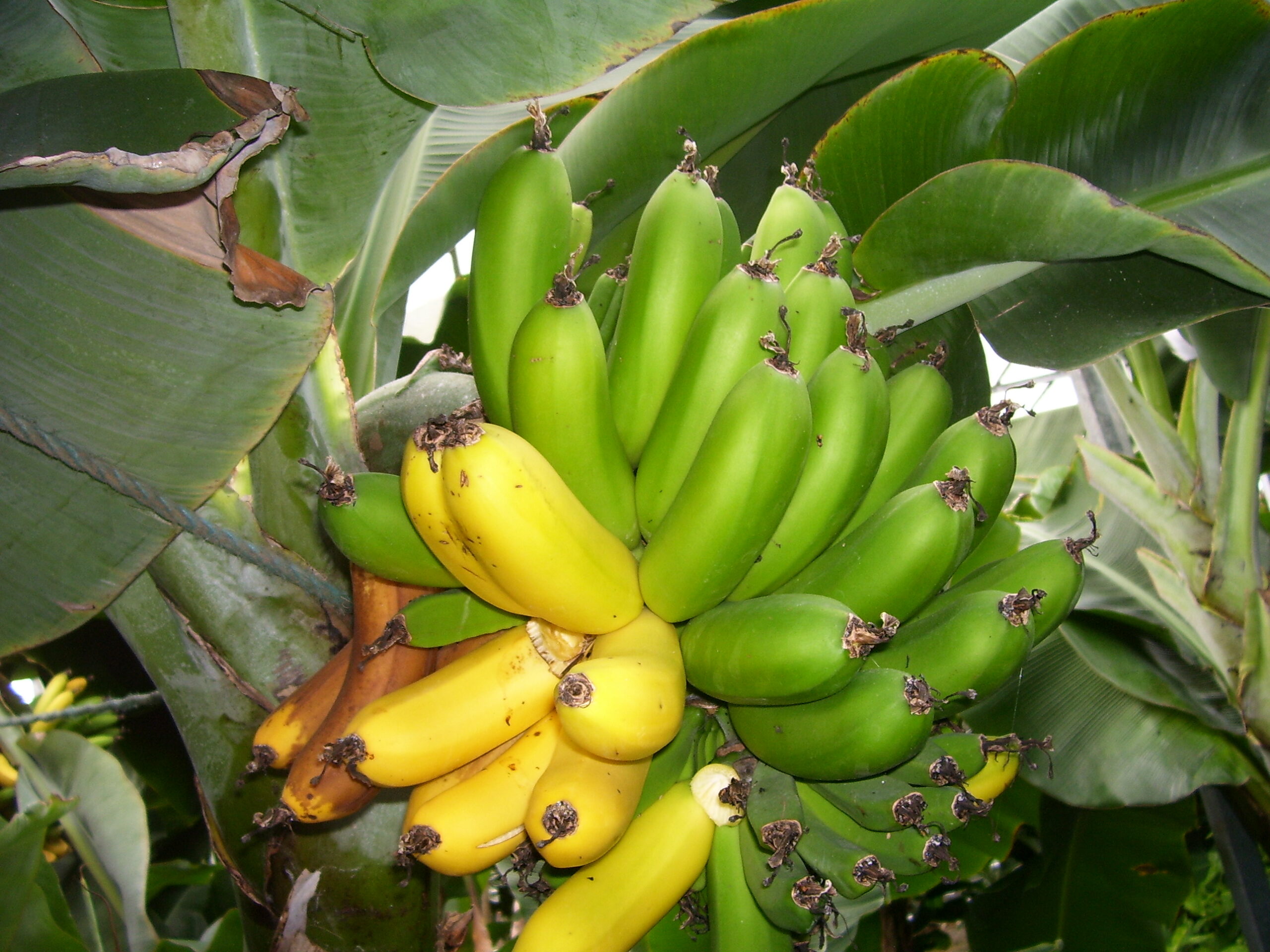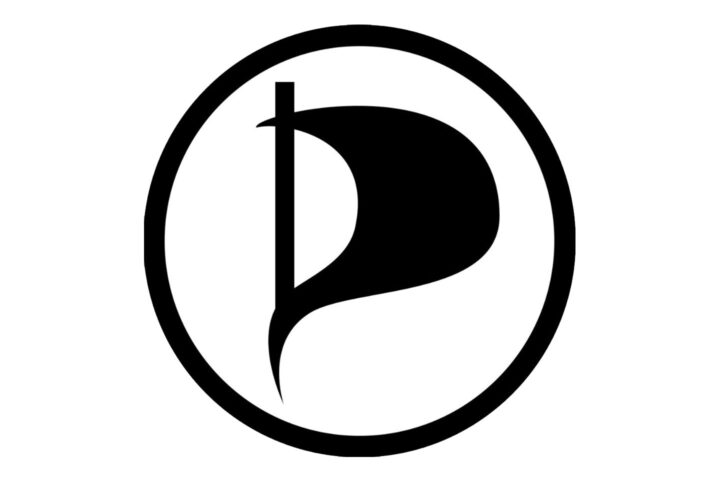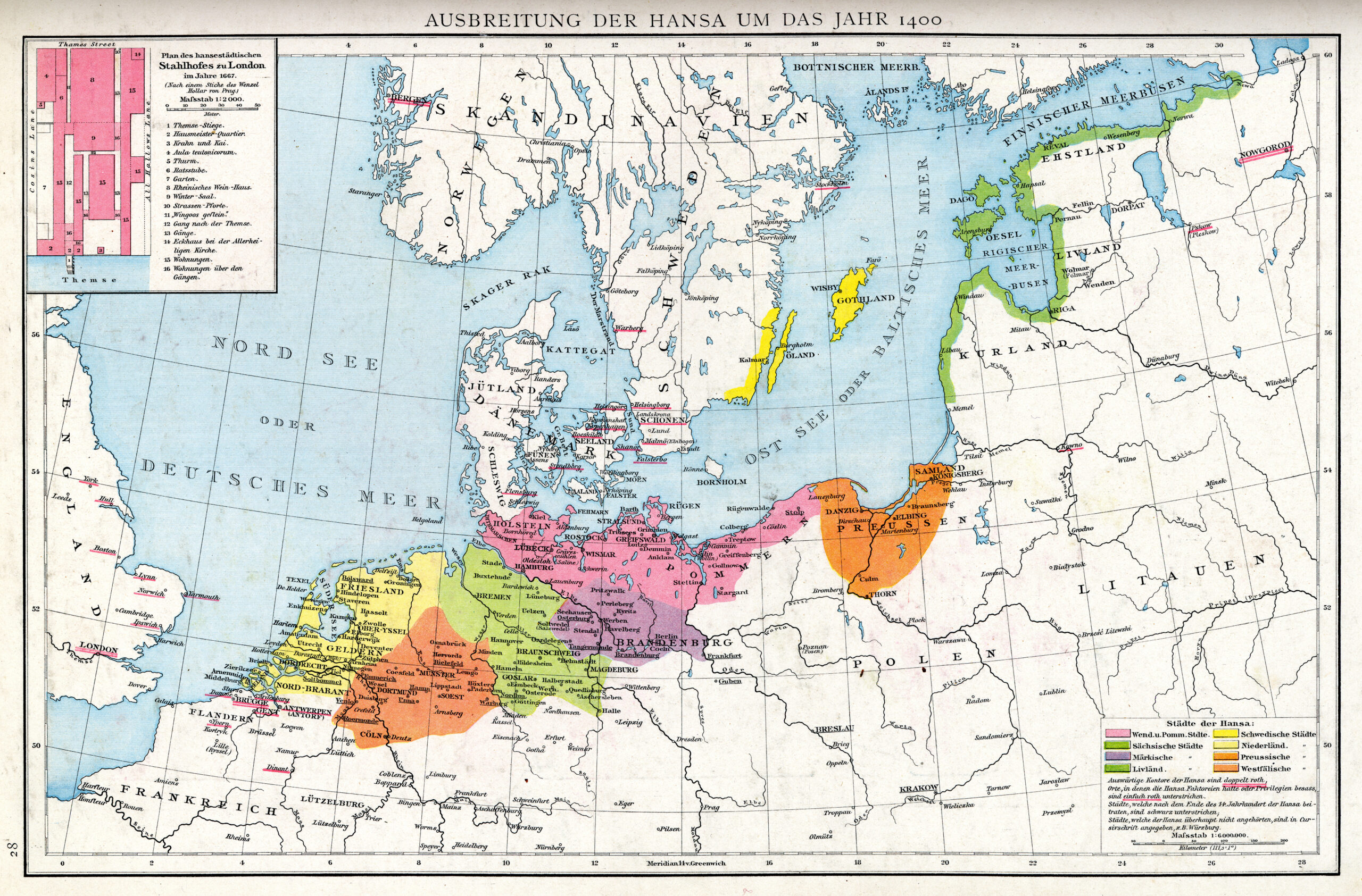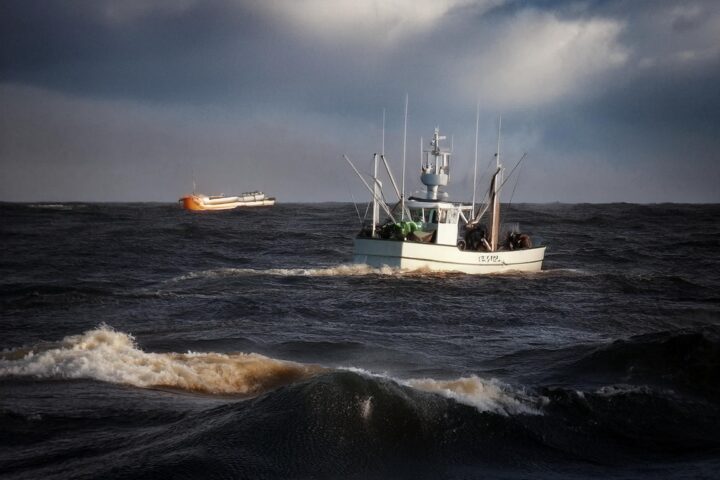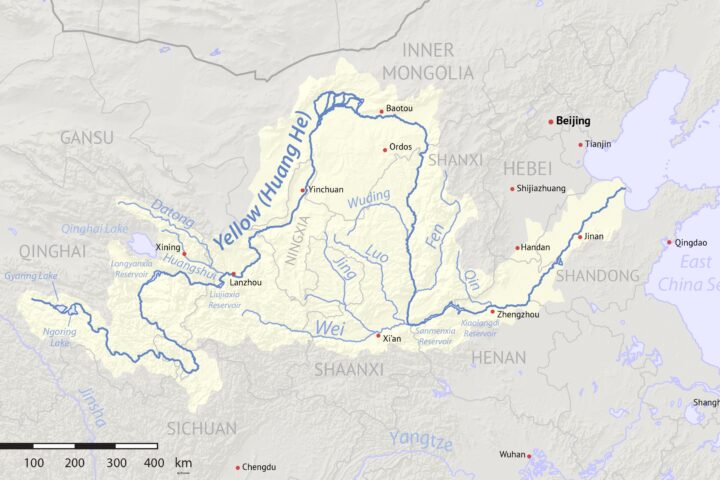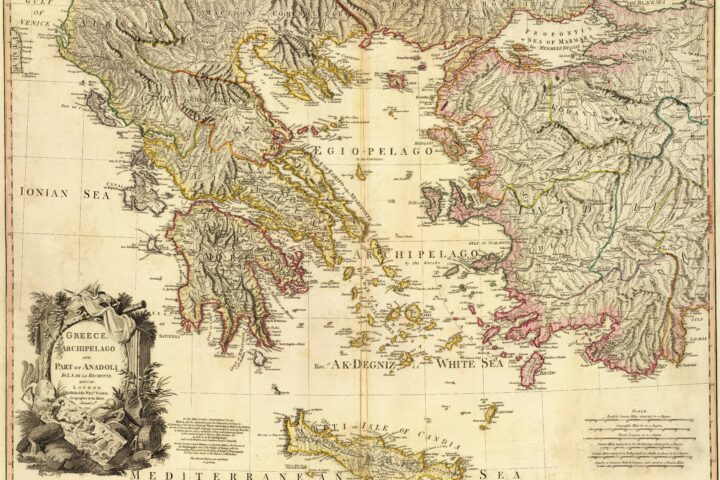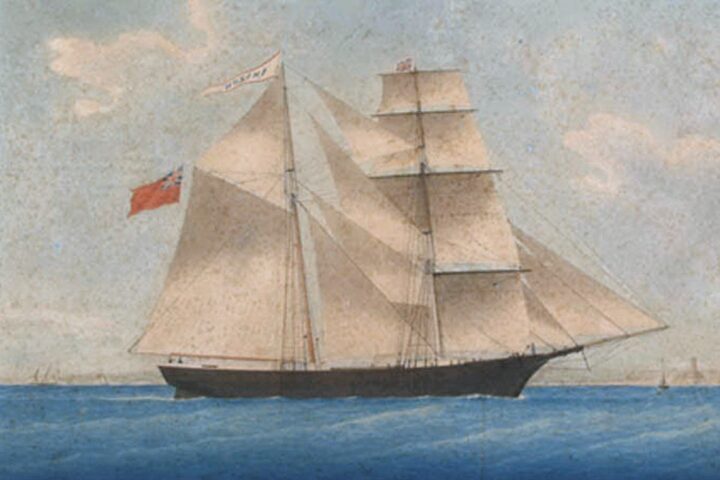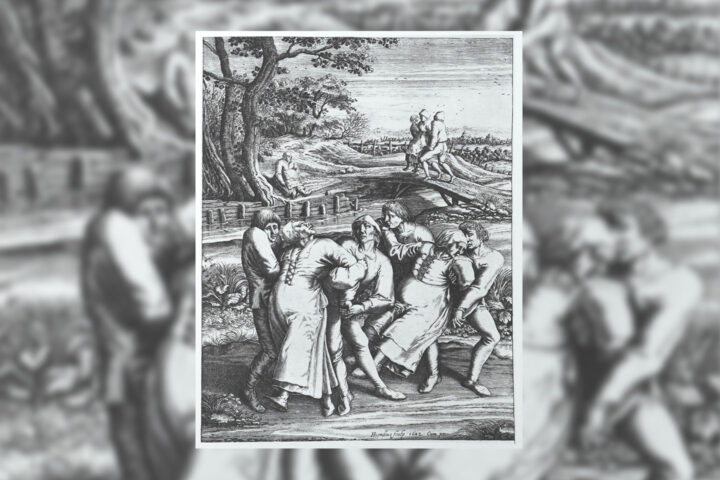Source: Wikipedia_Bananas_in_Iceland_By Alistair Lockyer – Mahahahaneapneap – Own work, CC BY-SA 3.0
Introduction
Iceland is never thought to be a banana republic, because it is small and distant, an island nation located in the North Atlantic. Nevertheless, in the early 20th century, there was a relatively short but highly intense period of transformation that made it into a classic banana republic. Such an unexpected development occurred primarily due to the geopolitical circumstances of World War I.
The Geopolitical Context
This was in the wake of World War I, which broke out in 1914. It greatly affected the global economy and trade. Amidst the ferocity of the war in Europe, a country would need to acquire essential resources and strategic areas. Good fishing grounds and the strategic position of the island of Iceland made it an attractive point for both the British and German navies.
The British and German Presence
Britain and Germany also became conscious of the strategic importance of Iceland as a naval base for their fishing fleets. The island was abundant in sea treasure, which would become a vital supply base to provide the war-battered continent. At the beginning of 1915, British forces established a naval harbor at Hvalfjörður, a deep fjord on the southwestern coast of Iceland. The Germans, of course, were eager to establish a foothold in the region as well.
These foreign powers did, however, bring huge economic yields into Iceland. Both the British and German navies spent huge amounts of money on goods and services that provided much stimulus to the local economy. This infusion of wealth brought on a period of fast growth and prosperity.
Corruption and Political Instability
It was, however, a time of unsavory exaggerations. The country, with the influx of foreign wealth and influence, soon became a flagrant playground for corruption and political instability. Its small population and limited political experience made the country susceptible to the foul effects of money and power.
Politicians and government officials were now tempted to engage in personal gains. Once-noble halls of government became a haunt for bribery, embezzlement, and other means of corruption. Politics became fragmented as every faction came to fight for power and control of the resources.
The Icelandic Banana Republic
Indeed, the coming together of foreign influence, economic prosperity, and political corruption set up the context in which Iceland became a banana republic. Banana republic is usually the pejorative designation of small unstable countries with an economy relying on one export commodity, often bananas, a tropical fruit. In the case of Iceland’s economy, it was not bananas but the related idea of a small resource-rich nation vulnerable to foreign influence and corruption successfully describes its experience.
There are several key features of the Icelandic banana republic:
- Foreign hegemony: The British and German navies dominated most of Iceland’s economic and political activities. Their presence sent the country the message that it was not a sovereign and independent state.
- Economic dependence: The fishing industry sustained Iceland’s economy. Most of Iceland’s fisheries were foreign-owned or controlled. Such dependency made Iceland vulnerable to various changes in the global markets.
- Political Instability: As the democratic institutions began to loosen, so did the state witness a new trend of changes in the government. The political system was experiencing instability due to corruption and factionalism.
- Social Inequality: Economic growth was not shared equally by all citizens. The bulk of the wealth generated by the fishing industry flowed into the hands of a few elites, while the majority of people were little more than poor.
The End of the Icelandic Banana Republic
The Icelandic banana republic, however, was not long-lived. The war had ended in 1918 by closing World War I. As a result, the country suffered a huge imbalance from the loss in influence that was brought by foreign currents. The British and German navies both scuttled off the coast of Iceland and the country took back its sovereignty.
The banana republics’ era came to an end with the departure of the foreign powers. Iceland went on with rebuilding its political institutions, and into the country came a more stable and democratic government. The country began to diversify the economy, ending the lopsided reliance of the economy towards the fishing industry.
The Legacy of the Icelandic Banana Republic
The Icelandic banana republic might have been a short-lived affair, but its repercussions are still felt today. It was an important lesson in an era to teach against the perils of unbridled foreign influence and the corrupting influence of wealth. Above all, it demonstrated the need for strong democratic institutions and a diversified economy.
Today, Iceland is a booming and secure democracy. The country has moved from its days as a banana republic into becoming a modern state, now industrialized. The memory of events in the early 20th century should always remind the public of these challenges and opportunities that can develop where a small state is exposed to rapid economic development and foreign influences.
Iceland’s Recovery from Banana Republic Status
The withdrawal of foreign naval forces marked the end of Iceland’s brief banana republic period. However, the country had a hard time shaking off the shock waves of economic and political instability that marked this period.
Economic Diversification
Another focus of the Icelandic government was to diversify the economy. Heavy reliance on fishing had actually made Iceland very vulnerable to fluctuations in global markets. The governments, for reducing this sort of vulnerability, encouraged investment in other sectors, such as tourism, agriculture, and renewable energy.
The tourism sector, along with a few others, became the most important engine of economic development. Iceland’s unique natural beauty in terms of glaciers, volcanoes, and geothermal hot springs attracted growing streams of visitors from all parts of the world. It generated employment opportunities, raised local businesses, and supplemented foreign exchange earnings for the country.
Political Reforms
Besides diversifying the economy, the Icelandic government embarked upon a package of political reforms that would strengthen democratic institutions and combat corruption. In 1944, a new constitution was adopted in the form of a parliamentary system of government and the protection of basic human rights was guaranteed.
The government sought to establish transparent and accountable public administrations to deal with the problem of corruption. This was done by strengthening the judiciary in order to dispose of cases efficiently, creating independent and autonomous agencies to fight and prevent corruption, and strengthening financial regulations.
International Cooperation
The international cooperation further stimulated the recovery of Iceland from banana republic status. In 1953, Iceland joined the Nordic Council, a regional cooperation body in which Nordic countries promote economic and political cooperation. Access to markets, knowledge, and financial resources enabled Iceland to undertake some tasks.
Iceland was also a member of EFTA since 1970, which opened it preferential access to European markets and allowed its overall level of exports and economic growth to increase. On the other hand, Iceland’s relations were much more complicated with the European Union. Since 1994, it has been a member of the European Economic Area; in this respect, Iceland had full access to the single market of the EU. However, until the day of writing, Iceland has not joined the European Union.
Challenges and Opportunities
Despite all these successes over the past decades, Iceland still confronts significant challenges in its pursuit of economic stability and political prosperity. Its small population and outwardly remote location render it to the whims of external shocks like economic or natural disasters.
Climate change is probably one of the most apparent challenges that Iceland has to face. The country’s situations present it with rising sea levels and melting glaciers placed alongside more intense extreme events. Climate change will demand many investment opportunities in renewable energy and sustainable development.
Iceland, on the other hand, offers many growth and development opportunities. Since the country is well endowed with natural resources, including geothermal energy and hydropower which sustain the economic advancement of the country, it has strong democratic institutions and high living standards that make it an ideal investment destination for foreign capital and talent.
Conclusion
It is a great survival and transformation story of a banana republic by Iceland. The country has come to diversify its economy, strengthen democratic institutions, and integrate into the world economy. Of course, there are still many challenges to be addressed and met with to live up to expectations, but the future of Iceland looks bright. Determination and commitment to sustainable development, innovation, and international cooperation will surely help it sustain prosperity into the future.
Sources:
- https://www.mbl.is/english/news/2014/11/11/the_banana_republic_of_iceland/#:~:text=Iceland’s%20first%20attempt%20at%20growing,where%20bananas%20were%20produced%20commercially.
- https://foodpolicyforthought.com/2014/04/26/iceland-a-banana-republic/
- https://en.wikipedia.org/wiki/Banana_production_in_Iceland
- https://medium.com/@iambettywood/the-frozen-banana-republic-fb252a0aaab0

